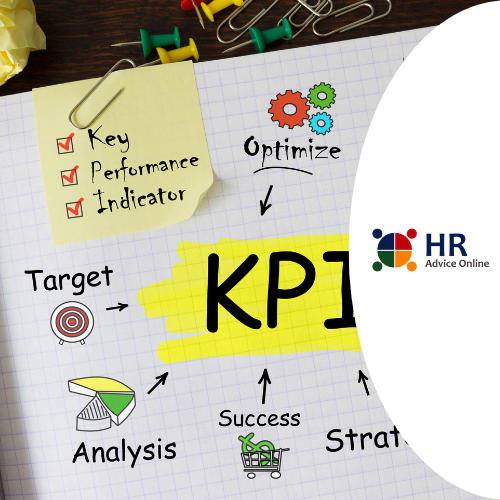Performance Management – Fact or Myth?
Performance Management – Fact or Myth? Managing performance of employees can be difficult, however providing feedback and support provides an environment for the employee to learn, develop and thrive. Often what we hear from our clients is they struggle to understand the truth about performance management and what options they have in managing the performance […]








